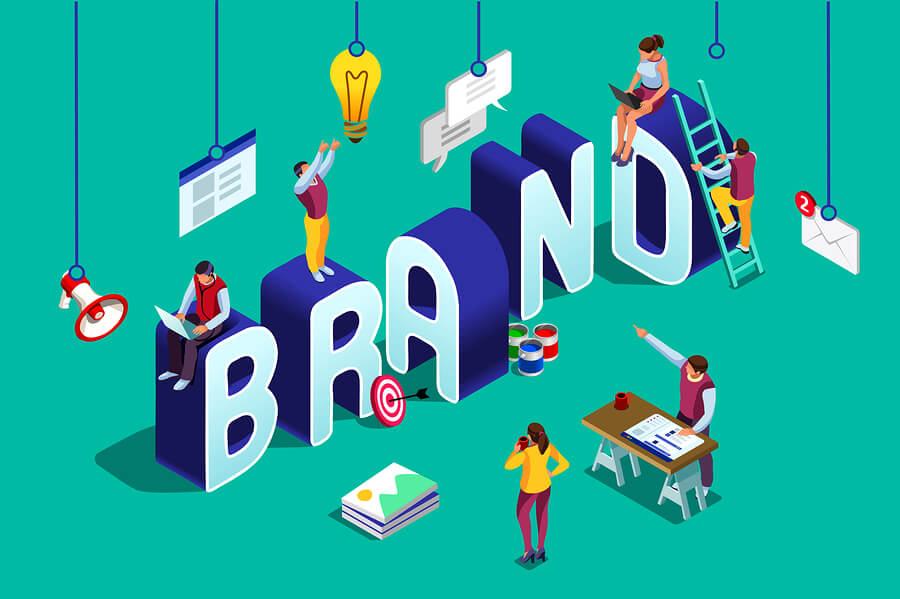Companies typically try and develop a brand name or slogan which they think will be instantly recognised by consumers of their product. The proof of the pudding is when a customer reaches for a tin, jar, packet or appliance simply because it has brand recognition.
Many well known companies have brand names and use slogans that are ages old. They are part of the success story behind many successful corporations.
What is not so well known is that when these companies try and sell their products in a country where the language and culture is different, they may have found that their slogans and brand names were no longer usable. This may be because a literal translation of the brand or slogan into another language cannot easily be done, or the translation is confusing, misunderstood, or even derogatory or offensive (obviously this is unintentional).
The answer when it comes to exporting brands and slogans is to use what is called ‘localisation’. This is a service provided by a specialised group of translators, who have an in-depth familiarity with the cultures and colloquialisms of the target market. They have the task of converting brands and slogans into something as equally appealing or compelling.
Tips for localising company slogans and brand names for global success
Tip# 1 Avoid word-for-word translation
If you use a professional marketing translator who has experience in localisation techniques, you should be able to avoid this sort of error. It usually occurs when a company is new on the international market and uses what it thinks as money saving techniques to deal with its translation needs. This usually involves using computer aided translation software, easily found on the internet, to sidestep professional, human translators.
The companies doing this, or their marketing teams, are unlikely to be aware at first just how short sighted this is. A slogan or brand name that is disliked by a new consumer market (e.g. because it appears offensive) could set back the marketing drive significantly. The use of professional brand and slogan translators is part of ensuring maximum appeal in the minds of potential new consumers.
Tip# 2 Reach out to local language experts
It stands to reason that you should only use local language experts who have experience in marketing translation. The important criterion here is that these translators should have a real feeling for both the languages used and their respective cultures. There are many translators who can translate scientific or medical text, for example, where an appreciation of different cultural nuances is less important, and often not important at all.
Tip# 3 Make use of transcreation
An extra service which some translators offer is that of transcreation. It has already been mentioned that when it comes to translating slogans and brands, literal word for word translation is totally unacceptable. Transcreation involves inventing new slogans and even brand names in another language that will resonate in that cultural environment just as well as the slogans and brands do in the language where they were first invented. Transcreation, then, is an advanced form of localisation, which is in itself a specialised field of translation itself.
Examples of localisation of memorable slogans in other languages
There are many hilarious examples of when successful marketing slogans in one language have gone badly wrong after literal translation. One very well known stuff up was KFC’s slogan “Finger lickin’ good’ was translated into Chinese. It became inadvertently ‘eat your fingers off’!
Conclusion
Slogans and brand names are important marketing tools and you just have to think of how many well known companies use their slogans and brand names so successfully. Unfortunately for companies about to expand their sales drive overseas, you often can’t just literally translate your slogans and brand names into another language. Leave that to professional translators who have the necessary cultural experience to ‘transcreate’ those all important marketing messages.



